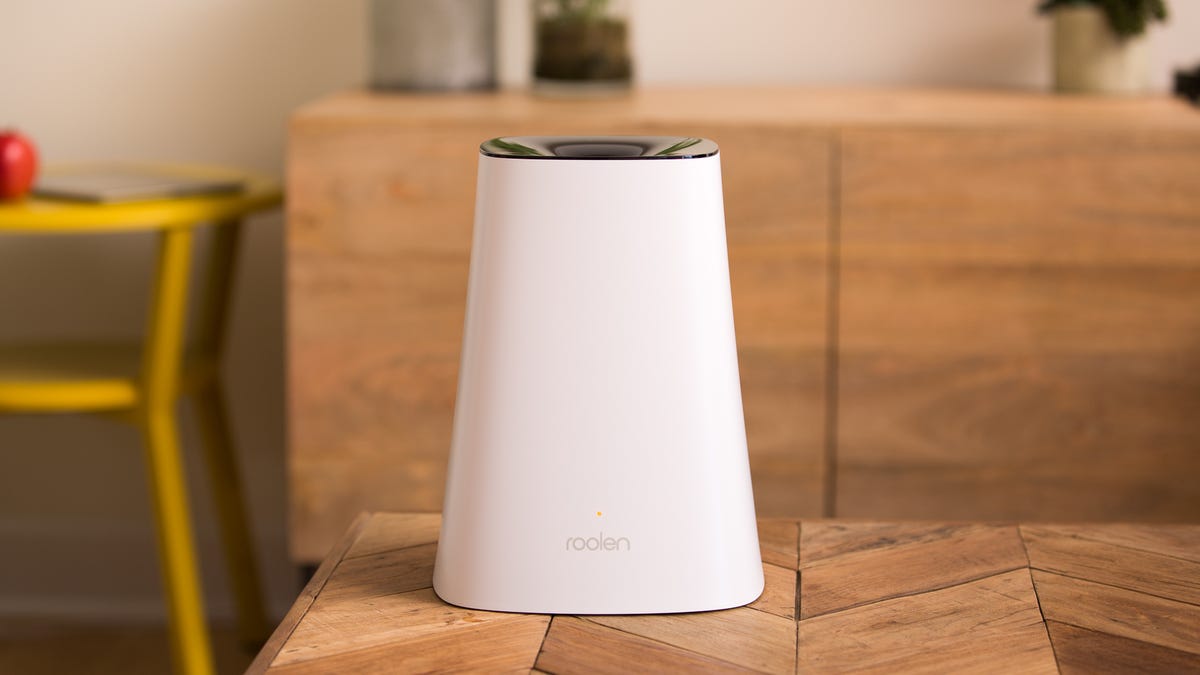 Why You Can Trust CNET
Why You Can Trust CNET How a humidifer can change your life
The humidity level in your home is important. Here's why.

Do you ever find yourself waking up with dry skin, cracked lips, a sore throat or nosebleed? This is likely because the air in your home is too dry.
The humidity level in your home is dependent upon a number of variables, such as your geographic region, the current season, or whether the heating or air is being used.
Keeping this level consistent throughout the year is important, not only for your personal comfort but also for health and energy saving reasons.
Here's everything you need to know about humidifiers (and their counterparts).
What actually is humidity?
Humidity is the amount of water vapor in the air. It's typically expressed as relative humidity as a percentage. This percentage is a ratio of the current absolute humidity and the highest possible absolute humidity, which changes with the temperature.
It sounds confusing, but all you really need to know is that 100 percent humidity means the air is completely saturated with water vapor. The cooler the air, the less water vapor it can hold and, likewise, the warmer the air, the more water vapor it can hold.
Humidity can greatly affect our comfort level because, as Nathan Chandler of How Stuff Works explains, "If the air is at 100 percent relative humidity, sweat will not evaporate into the air. As a result, we feel much hotter than the actual temperature when the relative humidity is high."
Why maintaining humidity indoors is important
A house with low humidity can be uncomfortable to live in. Not only will you feel cooler than the actual temperature, the dry air can cause itchy eyes, a dry throat, nosebleeds, cracked skin or lips and, of course, the dreaded static shock.
On the other hand, a home with high humidity will feel warmer than it truly is. In the summer, this is bad and might cause you to unnecessarily run the air conditioning more than necessary.
At higher humidity levels (specifically, over 60 percent), dust mites, allergens, bacteria, mold and mildew thrive. Condensation and moisture in the air can lead to mold and rot inside the walls and attic of your home.
By maintaining the proper humidity level, you can make your home more comfortable and safe while saving on energy.
Do you need a humidifier or dehumidifier?
A comfortable and safe humidity range for inside your home, according to the Environmental Protection Agency (EPA), is typically between 30 and 50 percent.
To physically measure the humidity levels inside your home, you can purchase a hygrometer online for as little as $10.
You can also look for signs that will tell you whether the humidity inside your home is too high or low. If you're getting shocked by static electricity often or constantly have dry skin or throat, you need to add water vapor to the air.
If your windows are constantly fogging up, you might need to lower the humidity indoors.
When temperatures begin to drop, so too do humidity levels. Adding a humidifier during a dry, cold winter will increase moisture in the air, making the home feel warmer without making the heating work as hard.
In certain parts of the world, however, during a hot, muggy summer, you may need to reduce the humidity levels to fight bacteria, mold and dust mites, but also to make the space feel cooler. You can do this by purchasing a dehumidifier.
If you do add a humidifier or dehumidifier to your home, make sure you clean it regularly.
And if you opt for a dehumidifier, make sure you're installing it the right way.

